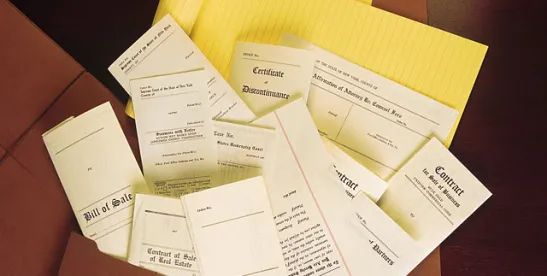In Cyphert v. Scotts Miracle-Gro Co. (In re: Morning Song Bird Food Litig.), No. 15-3943, the Sixth Circuit imposed a high standard on class action plaintiffs seeking to use two sets of objections to a presentence report (PSR) in a criminal case against the corporate defendant. The plaintiffs argued that the objections, which had been inadvertently disclosed in discovery, were important to class certification.
In an opinion by Judge Suhrheinrich, the panel held that the objections to the PSR are subject to the same confidentiality protections as the PSR itself—which is based, in part, on “PSRs’ tendency to contain misinformation.” It held that objections to the PSR “necessarily refer to the content of the PSR itself and tend to focus on the most controversial pieces of information.” Rejecting challenges based on the First Amendment and the common law right of access to court records, it held that plaintiffs would have to make “some showing of special need” beyond “convenience or relevance.” Plaintiffs also had to show that the information is not available elsewhere, which they could not do.
Judge Donald dissented, arguing that the court should review the objections based on their actual content to determine whether the content implicates “the reasons we keep PSRs private” and whether they are “really more like a document to which the first amendment attaches.” She worried that corporations would begin to channel sentencing advocacy into PSR objections to hide evidence of their misdeeds, rather than file them in publicly-available memoranda.




 />i
/>i

